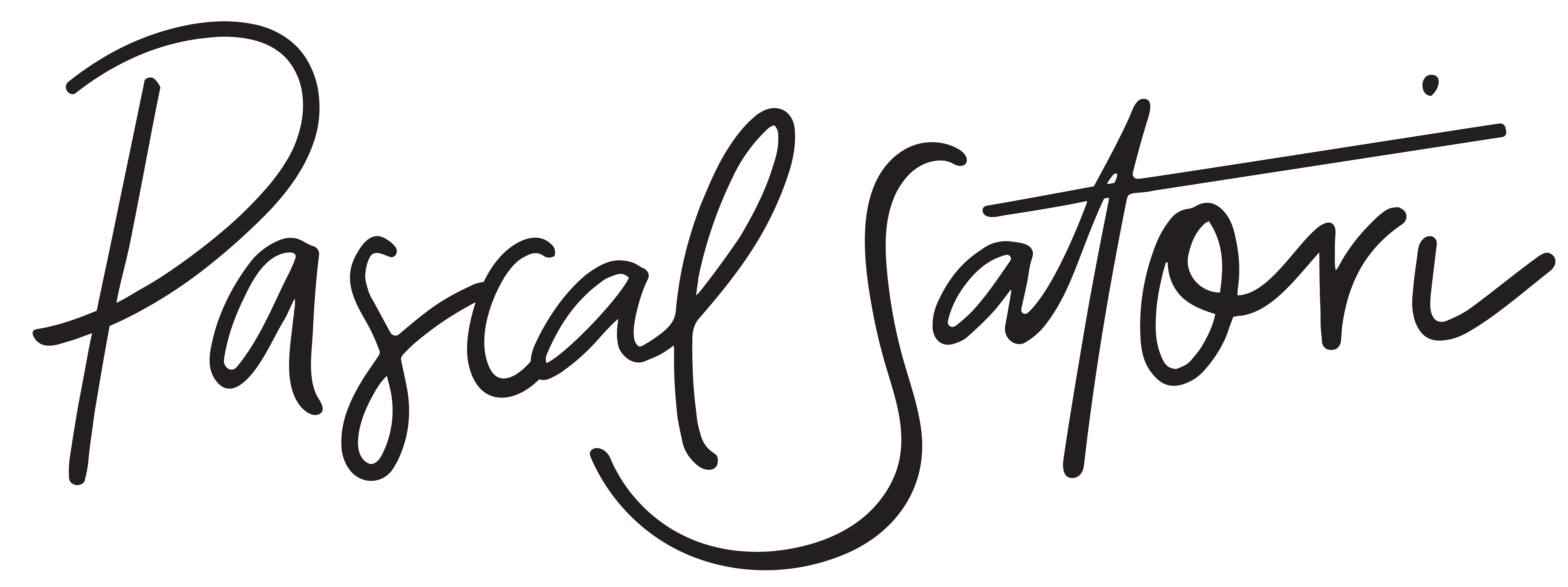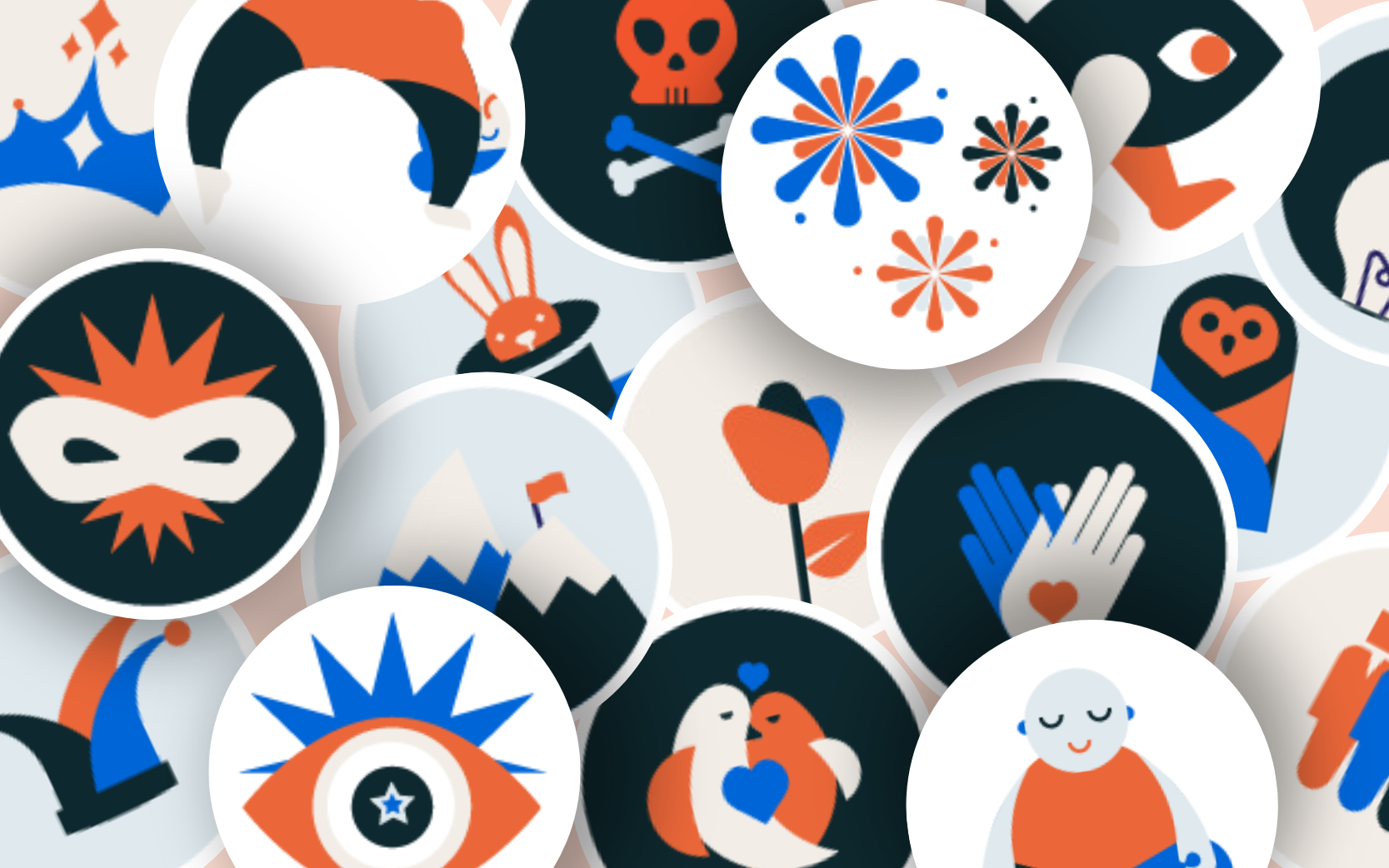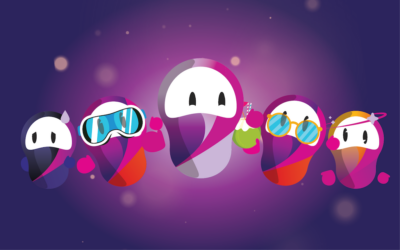The brand archetype is the personification of a brand… kind of. Let us explain.
Brand archetypes are shorthand ways to reflect an organisation’s values, strengths, and sometimes weaknesses… in a way that is almost personified. The role that archetypes play in effective branding strategy is often overlooked, but it can have a significant impact on how you communicate with your audience and understand the role your brand plays in the bigger picture – in the marketplace, and in the world.
What are brand archetypes, anyway?
Psychologist Carl Jung theorised that humans understand concepts more clearly and innately when they are able to categorise them. A greater depth of understanding is hardwired into our being, and these concepts evoke emotional responses that are based on centuries of psychological conditioning. Brand archetypes are not some new-age, mystical concept. They are simply a way to help us make sense of the world around us by highlighting patterns and recurring themes that exist in nature as well as social structures. These archetypes – which have been present since time immemorial – provide an anchor when we are deciding who we are, and where to go next with our brand.
The value archetypes bring to brand strategy is the instant and sub-conscious storytelling impact. They instantly paint a picture in the audience’s mind about who this brand is, and create an emotional response to the narrative that will then pave the way for the story the audience (tells) creates about themselves when interacting with the brand.
What is the difference between a stereotype and an archetype?
A stereotype is a rigid, one-sided idea about a person or thing. They are rooted in cultural-specific norms, and are simplistic and undifferentiated.
An archetype is a model of a typical thing, person or concept. They are rooted in universal truths and are rich in meaning and distinctiveness.
There are twelve brand archetypes:
- The Innocent
- The Explorer
- The Hero
- The Creator / Artist
- The Rebel
- The Caregiver
- The Ruler/The Judge
- The Lover
- The Everyman
- The Sage
- The Jester
- The Magician
The brand archetype of the hero, for example – is an extension of the classic hero by providing a moral and ethical gauge. This archetypal narrative is often used in storytelling because it taps into our desire to see people overcome great adversity. Brands that embody these traits are typically considered adventurous, such as Nike.
Whereas the brand archetype of the sage, in comparison – is an extension of the wise old sage, giving an aura of expertise and authority – this archetype is often highly respected. Brands that embody these traits are typically considered knowledgeable such as Google.
Similarly, the brand archetype of the rebel – is an extension of the defiant and rebellious, characterised by a sense of individuality. Brands that embody these traits are typically considered cool (socially desirable) such as Apple.
And the creator, is an extension of the creative and imaginative, characterised by a sense of uniqueness. Brands who embody these traits are typically considered hip and cool, and are motivated by creating things of great impact and lasting value.
Can you be more than one archetype? Or is it just one?
Yes! You can embody more than one archetype, although there is a dominant or strongest archetype that you identify with at your core – and determining this is what will give you the best framework for your brand. It’s not just about finding a brand that fits neatly into one category or another; brands can manifest multiple archetypes simultaneously with different elements coming to the forefront.
Who is Pascal Satori’s brand archetype? Well, we see ourselves as the magician predominantly. We’re all about being visionary, making dreams a reality and designing for better business and in turn a better worldly experience. We also have flickers of the hero, the caregiver, and the sage.
I’m not sure what my brand’s archetype should be? What do I do now?
First, you need a brand strategy. You need a clear vision of why your brand exists, what you’re here to do, and what experience you craft for your users. You need to determine your persona, including tone of voice and personality categories. And lastly, your values; what drives not only the way your organisation behaves, but how it does business.
Then have a look through the brand archetypes and start to sort through the list, using your brand cues to shortlist some archetypes that seem to fit. You’ll likely have some that straight away don’t feel right, so put them to the side and keep sorting through. ‘
Once you have a shortlist, pick them apart and decide which one is the most relevant the majority of the time. Which one makes the most sense? Which one that you can’t imagine your brand not being?
Finally, take the archetype and think about how it helps your brand strategy in informing every aspect of your business – from what might be included in the way your visual communication, to your marketing channels, to product development or mission statement.
Not sure what brand archetype your business is? Take this quiz to find out: www.pascalsatori.com/brand-archetype-quiz




